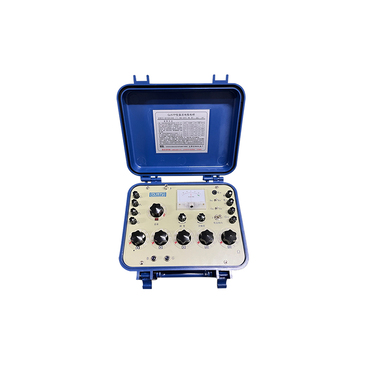Effective Strategies for Custom Cable Hot Set Testing and Quality Assurance in Electrical Applications
The Importance of Custom Cable Hot Set Testing
In today’s technology-driven world, the demand for high-quality and reliable cable systems is more crucial than ever. Custom cables, designed for specific applications and environments, play a vital role in various industries, from telecommunications to automotive and aerospace. To ensure that these cables function as intended, manufacturers must conduct thorough testing, one of which is hot set testing. This article explores the importance of custom cable hot set testing and its impact on product performance and safety.
What is Hot Set Testing?
Hot set testing is a procedure used to evaluate the thermal properties of a cable under conditions that simulate real-world operational environments. This testing allows manufacturers to assess how a cable behaves when exposed to elevated temperatures, which can lead to physical distortion or degradation of materials over time. Typically, hot set tests involve heating the cable to a specified temperature for a defined period, followed by an assessment of the cable's performance post-exposure.
The Significance of Custom Cable Hot Set Testing
1. Ensuring Performance and Reliability Custom cables are often used in applications where precision and reliability are paramount. Hot set testing helps manufacturers verify that their cables can withstand prolonged exposure to high temperatures without compromising performance. This is particularly important in industries like telecommunications, where signal integrity is critical.
2. Material Evaluation During the hot set testing, various materials used in cable construction—including insulation, conductors, and jackets—are subjected to heat. This evaluation helps determine the thermal stability and durability of the materials, enabling manufacturers to select the best combinations for specific applications.
custom cable hot set testing

3. Identifying Failure Modes Hot set testing allows engineers to identify potential failure modes that may not be apparent during standard testing methods. By observing how materials react under stress, manufacturers can enhance their designs to prevent issues such as melting, warping, or loss of electrical insulation, which can lead to failure in the field.
4. Regulatory Compliance Many industries are subject to stringent safety and performance regulations. Conducting thorough hot set testing ensures that custom cables meet these regulatory standards, helping manufacturers avoid potential legal liabilities and product recalls. Compliance is not only crucial for safety but also for building trust with customers who rely on the performance of these critical components.
5. Cost Efficiency While performing additional tests like hot set testing may increase upfront costs, it can lead to significant savings in the long run. By identifying issues before cables are deployed in the field, manufacturers can reduce the risk of failures, minimize warranty claims, and enhance customer satisfaction.
6. Innovation and Competitive Advantage In an ever-evolving market, continuous testing and refinement are essential for innovation. By investing in thorough hot set testing, manufacturers can develop advanced cable solutions that outperform competitors. This commitment to quality can help companies establish a strong reputation and foster long-term customer relationships.
Conclusion
Custom cable hot set testing is a vital component of the cable manufacturing process, ensuring that products meet rigorous performance and safety standards. By investing in this testing, manufacturers can enhance the reliability and durability of their cables, leading to better performance in demanding environments. As industries continue to advance and push the boundaries of technology, the need for high-quality, tested custom cables will only grow, making hot set testing an essential practice for any serious manufacturer.
-
The Role of Tensile Force Testers in Quality Control and Material Science
NewsAug.01,2025
-
Maintenance and Safety Tips for Aging Ovens
NewsAug.01,2025
-
Density Balance in Forensic Science
NewsAug.01,2025
-
Advanced Optical Measurement Technologies
NewsAug.01,2025
-
A Buyer’s Guide to Tensile Test Machines
NewsAug.01,2025
-
Why the Conductor Resistance Constant Temperature Measurement Machine Redefines Precision
NewsJun.20,2025
 Copyright © 2025 Hebei Fangyuan Instrument & Equipment Co.,Ltd. All Rights Reserved. Sitemap | Privacy Policy
Copyright © 2025 Hebei Fangyuan Instrument & Equipment Co.,Ltd. All Rights Reserved. Sitemap | Privacy Policy
